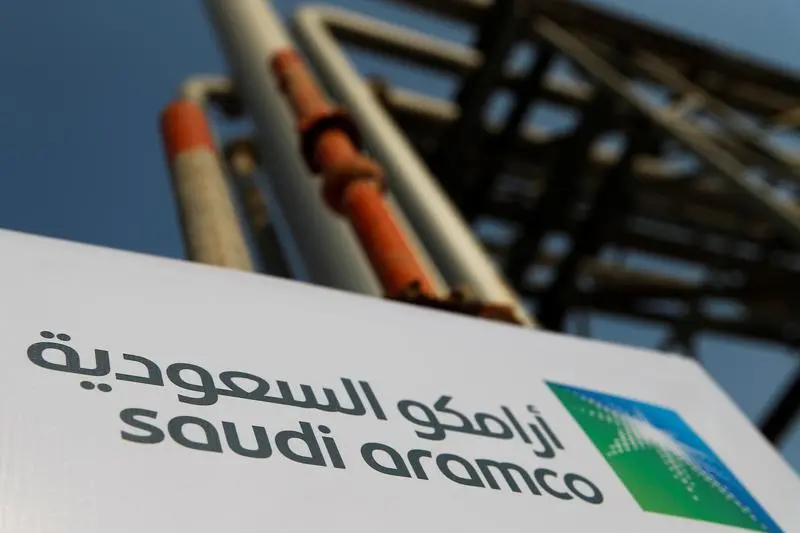PHOTO
After a tumultuous 2020, Middle East dealmakers bounced back this year as company owners sought to expand their operations by buying out troubled competitors, accelerate their own digitalisation amid the new normal of remote working, or consolidate their assets to improve efficiency.
In the first half of 2021, 307 acquisitions were completed in the Middle East, up 59 percent year-on-year, according to a report by Baker McKenzie. The combined value of deals fell 7 percent to $40.3 billion; however, the prior-year total was inflated by a $20.3 billion asset swap by two government-owned Abu Dhabi firms: Abu Dhabi Power Corporation and Abu Dhabi National Energy Co (TAQA).
In the third quarter, deals worth $11.1 billion were completed in the Middle East and Africa, up 152 percent year-on-year, according to S&P Global Ratings. The two biggest were Saudi Industrial Investment Group’s acquisition of the kingdom’s National Petrochemical Company for $4.6 billion and Dubai ports operator DP World’s $1.7 billion takeover of South Africa’s Imperial Logistics Ltd.
“This year was a rebound year for Gulf M&A,” said Omar Momany, partner and head of the corporate M&A practice group at Baker McKenzie Habib Al Mulla, Dubai. “The pandemic crisis caused many businesses to default, which gave rise to distressed M&A opportunities as well as recapitalization and consolidation requirements. All were key drivers for a rebound in deal activities.”
Key sectors
Infrastructure privatisation has been another key theme of Middle East mergers and acquisitions activity in 2021. “[W]e continued to see massive deals contributing significantly to the aggregate deal values,” Momany added.
In June, Saudi Aramco completed a $12.4 billion sale and leaseback deal for its oil pipeline subsidiary. The buyer was a consortium including Abu Dhabi sovereign investor Mubadala and US private equity firm EIG Global Energy Partners. This month, Aramco agreed a similar deal worth $15.5 billion deal for its gas pipeline business with a Blackrock-led consortium.
“Since the Gulf economy is still largely dependent on oil and governments are trying to cash out of their assets in the sector, further deals of this kind are likely,” said Siddesh Mayenkar, the head of MENA coverage at Mergermarket, Dubai. “The high-value oil industry deals tend to drive Gulf M&A activity, but there’s also huge interest in the technology sector.”
The merger of Saudi Arabia’s National Commercial Bank and Samba Financial Group in April marked the latest tie-up between domestic banking rivals in the Gulf, said Mayenkar. Further consolidation in the Saudi financial services sector is probable, he noted, as the government seeks to create bigger banks to help finance its economic diversification plan, Vision 2030.
The pandemic has accelerated companies’ longstanding ambitions to digitalise their operations, with medium-sized family firms increasingly keen to invest in the region’s blossoming tech startup ecosystem. “These are deals valued at around $15 million to $200 million,” said Mayenkar.
Top performers
The consumer goods and food-and-beverage sectors have been among the steadiest performers since early 2020. “Such sectors became attractive for M&A interest as the pandemic highlighted the strategic importance to the food supply chain and the commercial opportunities in a sector whose revenues are less susceptible to disruption than other sectors,” said Momany. “Healthcare and education, both impacted by the pandemic in different ways, remained equally important and [ripe for] expansion and consolidation opportunities.”
In September 2020, the UAE allowed 100 percent foreign ownership of onshore companies, albeit with certain exceptions. Previously, companies based outside the country’s myriad free zones needed at least 51 percent ownership by a UAE national.
“Many saw that as an opportunity to have more skin in the game and invested in long-term prospects, as the relaxation of ownership rules has opened up the UAE for more foreign investors,” said Momany.
Saudi Arabia and the UAE will remain the biggest markets for inbound M&A, said Mayenkar; the former due to its vast infrastructure spending to develop its non-oil economy and the latter as the region’s tech hub.
“Saudi private equity firms prefer to invest domestically,” said Mayenkar. “As the GCC moves away from oil, there’s increasing interest from global private equity firms in the region’s tech industry. They want to be part of that growth story.”
Mayenkar predicts that the Gulf’s logistics and aerospace sectors could also be ripe for consolidation.
“Gulf governments want to create national champions,” he added. “State investment funds such as Mubadala and the [Public Investment Fund] will drive much of the activity, with considerable money going into technology.”
(Reporting by Matt Smith; editing by Seban Scaria)
Disclaimer: This article is provided for informational purposes only. The content does not provide tax, legal or investment advice or opinion regarding the suitability, value or profitability of any particular security, portfolio or investment strategy. Read our full disclaimer policy here.
© ZAWYA 2021





















